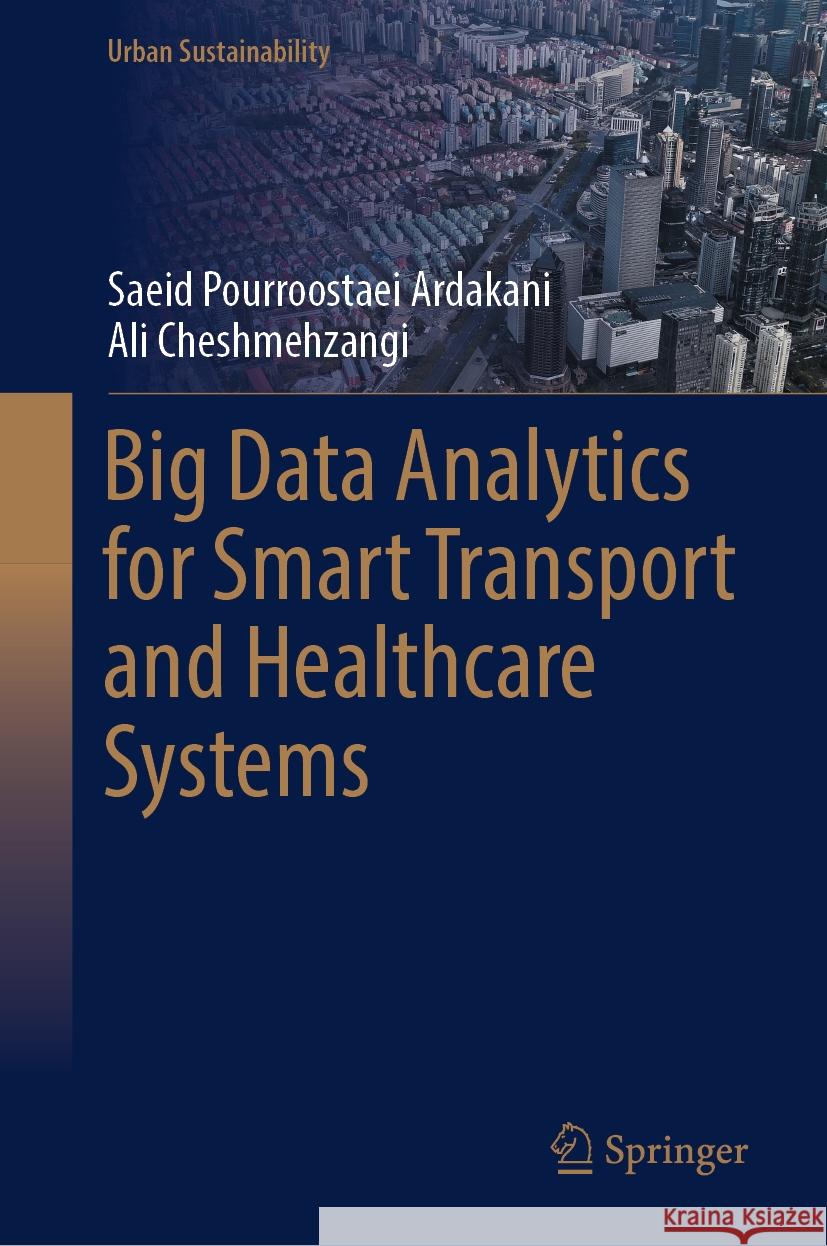Big Data Analytics for Smart Transport and Healthcare Systems » książka
topmenu
Big Data Analytics for Smart Transport and Healthcare Systems
ISBN-13: 9789819966196 / Angielski
Big Data Analytics for Smart Transport and Healthcare Systems
ISBN-13: 9789819966196 / Angielski
cena 484,18
(netto: 461,12 VAT: 5%)
Najniższa cena z 30 dni: 424,07
(netto: 461,12 VAT: 5%)
Najniższa cena z 30 dni: 424,07
Termin realizacji zamówienia:
ok. 16-18 dni roboczych.
ok. 16-18 dni roboczych.
Darmowa dostawa!
Kategorie:
Kategorie BISAC:
Wydawca:
Springer
Seria wydawnicza:
Język:
Angielski
ISBN-13:
9789819966196











